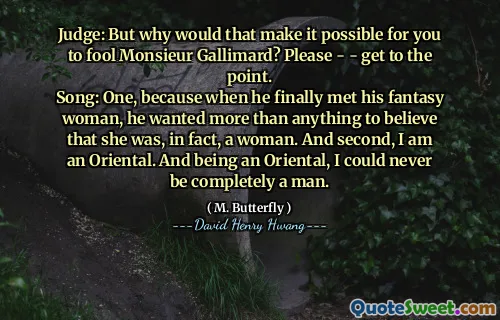The idea that we must choose between the method of "winning hearts and minds" and the method of shaping behavior presumes that we have the right to choose at all. This is to grant us a right that we would surely accord to no other power. Yet the overwhelming body of American scholarship accords us this right.
Noam Chomsky, in his book "On Anarchism," discusses the flawed notion that societies must either focus on winning people's emotional support or directly influencing their behaviors. He argues that this binary perspective wrongly assumes that we have the authority to choose our methods of influence, a right we would not extend to others. Such a stance is indicative of a broader issue regarding power dynamics and who gets to decide the means of societal control.
Chomsky emphasizes that the prevailing viewpoint within American academic circles often legitimizes this power to manipulate or influence others. He critiques this complacency, suggesting that it reflects an underlying belief in the moral superiority of those in power who presume they have the right to dictate the terms of engagement and influence over others.


